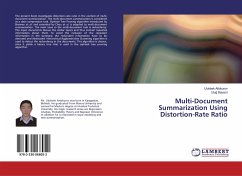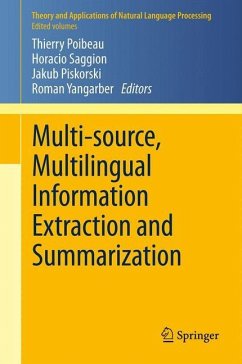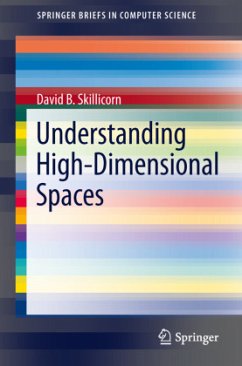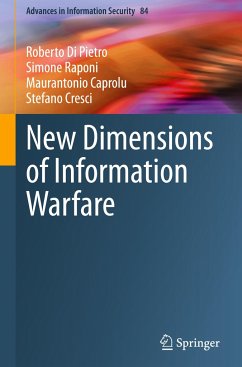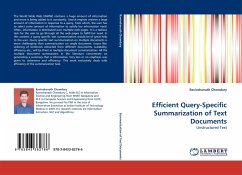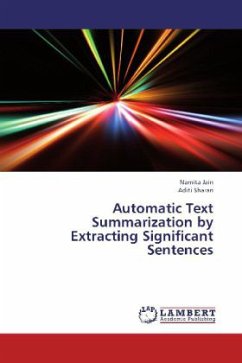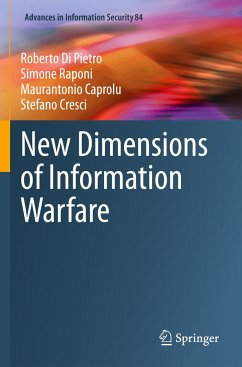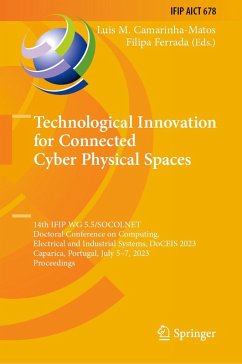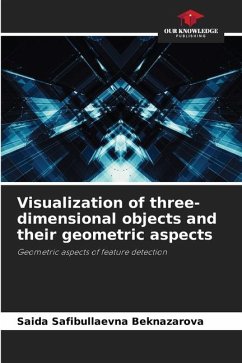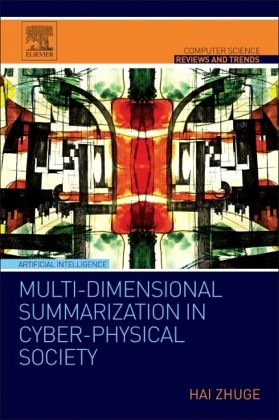
Multi-Dimensional Summarization in Cyber-Physical Society
Versandkostenfrei!
Versandfertig in 6-10 Tagen
26,99 €
inkl. MwSt.

PAYBACK Punkte
13 °P sammeln!
Text summarization has been studied for over a half century, but traditional methods process texts empirically and neglect the fundamental characteristics and principles of language use and understanding. Automatic summarization is a desirable technique for processing big data. This reference summarizes previous text summarization approaches in a multi-dimensional category space, introduces a multi-dimensional methodology for research and development, unveils the basic characteristics and principles of language use and understanding, investigates some fundamental mechanisms of summarization, s...
Text summarization has been studied for over a half century, but traditional methods process texts empirically and neglect the fundamental characteristics and principles of language use and understanding. Automatic summarization is a desirable technique for processing big data. This reference summarizes previous text summarization approaches in a multi-dimensional category space, introduces a multi-dimensional methodology for research and development, unveils the basic characteristics and principles of language use and understanding, investigates some fundamental mechanisms of summarization, studies dimensions on representations, and proposes a multi-dimensional evaluation mechanism. Investigation extends to incorporating pictures into summary and to the summarization of videos, graphs and pictures, and converges to a general summarization method. Further, some basic behaviors of summarization are studied in the complex cyber-physical-social space. Finally, a creative summarization mechanism is proposed as an effort toward the creative summarization of things, which is an open process of interactions among physical objects, data, people, and systems in cyber-physical-social space through a multi-dimensional lens of semantic computing. The author's insights can inspire research and development of many computing areas.



